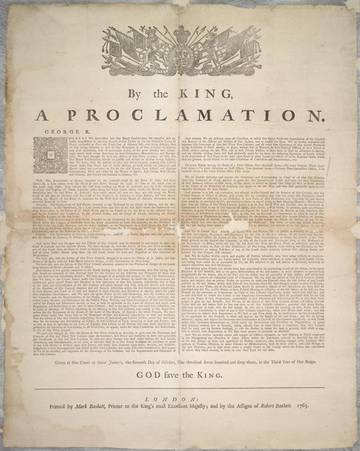Please support our coverage of democratic movements and become a supporting member of rabble.ca.
Between June 21 and July 1 — National Aboriginal Day to Canada Day — we’ll be featuring a series of articles examining and critiquing the uses of Canadian identity, the resurgence of Indigenous movements for justice, and the ways in which activists and thinkers across these lands are addressing these fundamental questions.
In his book, A Fair Country, John Raulston Saul called Canada “a Métis nation.” By this phrase, he meant that the country in which we live now reflects an historic blending of Indigenous and immigrant traditions. He pointed to peacekeeping, egalitarianism, and a preference for negotiation over conflict as Indigenous values that have helped to define Canada, values which we once held in high esteem.
If it is true that Indigenous values mixed with others from Europe and around the globe to produce this amalgam, it is also true that Canada has made every effort to deny its roots and belittle the role of Indigenous peoples in this country all the while.
This year is the 250th anniversary of the Royal Proclamation of 1763 — a legally binding commitment to recognize Indigenous nations as nations, the treaties signed between those nations and the Crown, and Indigenous title over untreated lands — making this the 250th year in which the Crown’s governments have been acting illegally.
The past few years, especially the last two years of the Harper majority, have marked a progressively difficult time in the relationship, as Indigenous peoples grow increasingly concerned over the abridgement of their legal rights and decreasingly hopeful of fair treatment from Canada.
Sadly, there is no sign of change from the Harper government, leaving Indigenous peoples with the choice of waiting for Canadians to elect leadership that will act as a just and responsible partner, or acting themselves to demand justice. Each passing moment and each piece of passed legislation only increasing the risk of illegality in response to Canada’s. Concern over the possibility of a long hot summer is not misplaced.
However, there are signs that Canadians, if not their government, are starting to understand.
The Idle No More movement has attracted unprecedented support from the non-Indigenous community; at least those elements that can see the injustice or who hope that Indigenous rights may protect their own interests in matters such as environmental sustainability. Dialogue around how to be a good ally and a significant upswing in the quality of historical, legal and social information being shared are important elements in this positive development.
If the degradation of Indigenous rights and the denial of Indigenous values is to be reversed, these non-Indigenous allies, and others, will need to take the lead in demanding that their government pay more than lip service to the values of the rule of law, justice and to the idea of peace, order and good government on which the legitimacy of the state rests.
As we commemorate National Aboriginal Day and the upcoming Canada Day, recognition of what all traditions bring to our identity and a recommitment to reconciling them would serve us well.



